Calls for blanket phone ban for all Aussie schools as students struggle
The impact of social media and smartphones on young users has child development experts calling for a unified approach and a total school ban on smartphones in all Australian classrooms
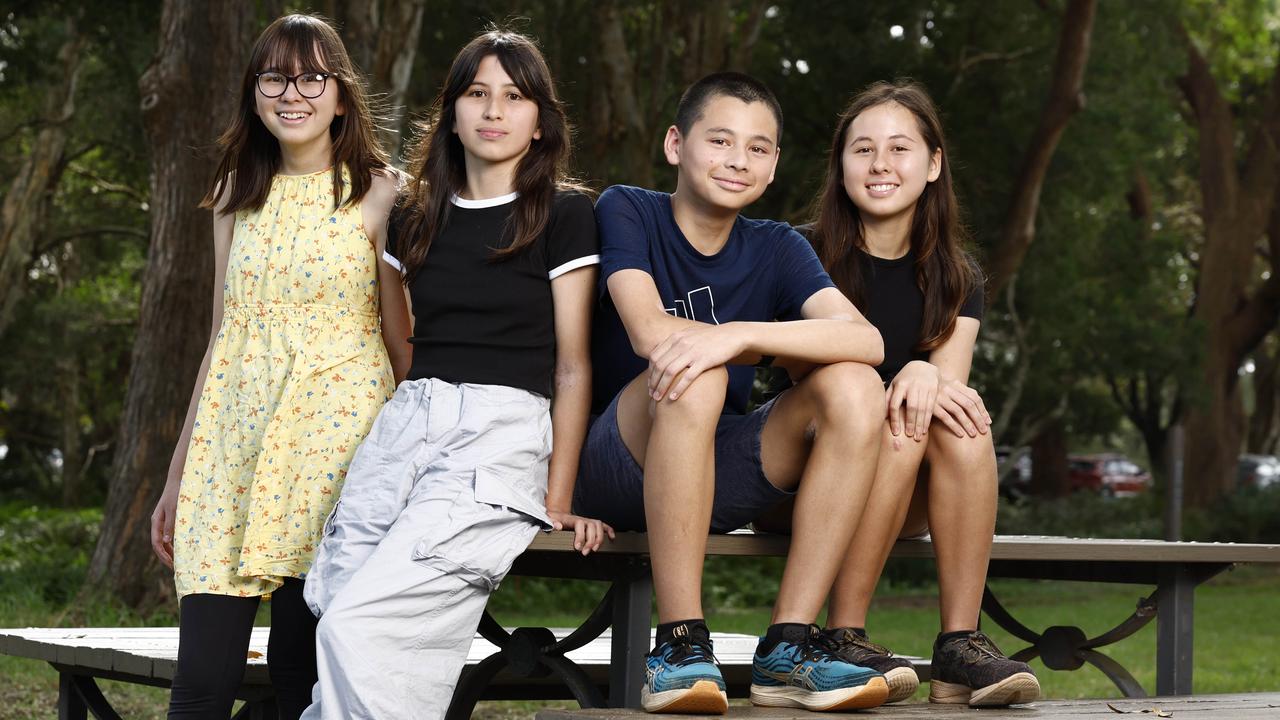
READING LEVEL: ORANGE
A blanket ban on student phones should be applied across all Australian schools, according to child experts. While NSW, Victoria, Western Australia, Tasmania, Queensland and South Australia have already banned phones in state schools, a national ban would include independent schools.
Calls for a united* approach come as research shows kids are struggling with essential classroom activities like reading for long periods of time, critical thinking and recognising emotions on faces. More than 50 per cent of children interviewed in a major Australian study said social media caused them to waste time and nearly 30 per cent said it had caused sleep deprivation*.
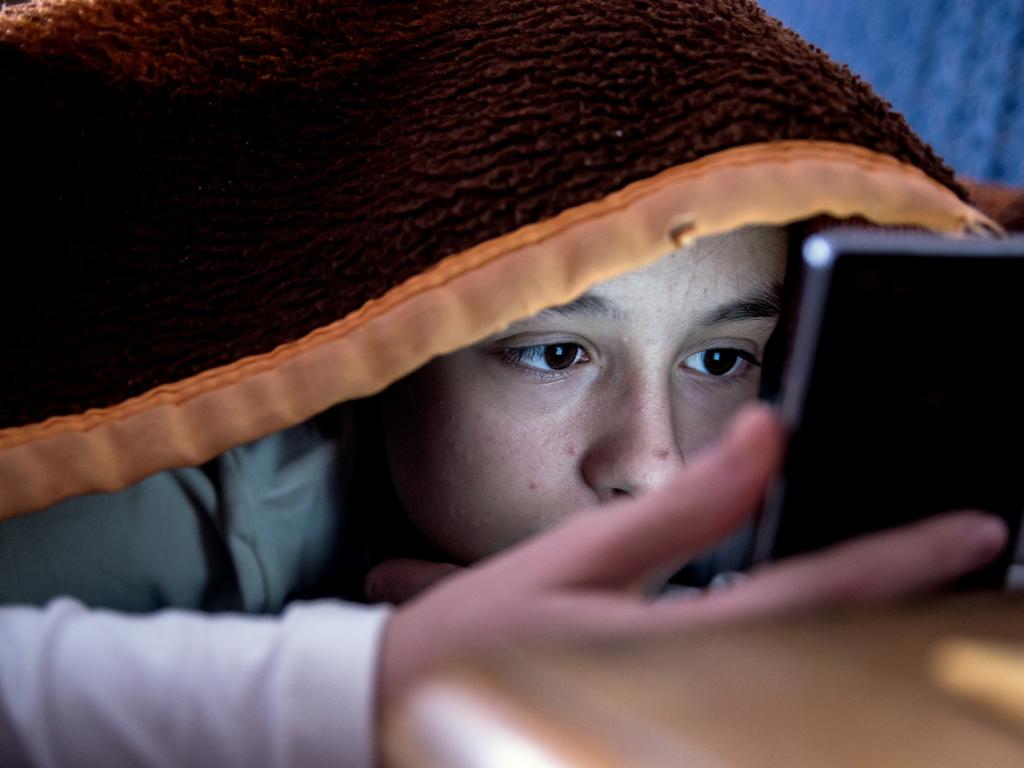
Child and teen development and psychology* researcher Dr Rachael Sharman said there were no excuses for allowing phones in schools.
“Both social media and its ‘evil twin’ gaming are set up for very quick rewards and dopamine* hits the brain,” she said.
“That ability to sit for hours reading a text and mulling over it, that ability is being eroded* away from the quick fixes on smartphones.”
Dr Sharman said phones create an unnecessary distraction — and set up young minds to focus on small tidbits* instead of “long-term critical thinking”.
“There is no place for smartphones in a school, they should be banned in all schools, no excuses,” she said.
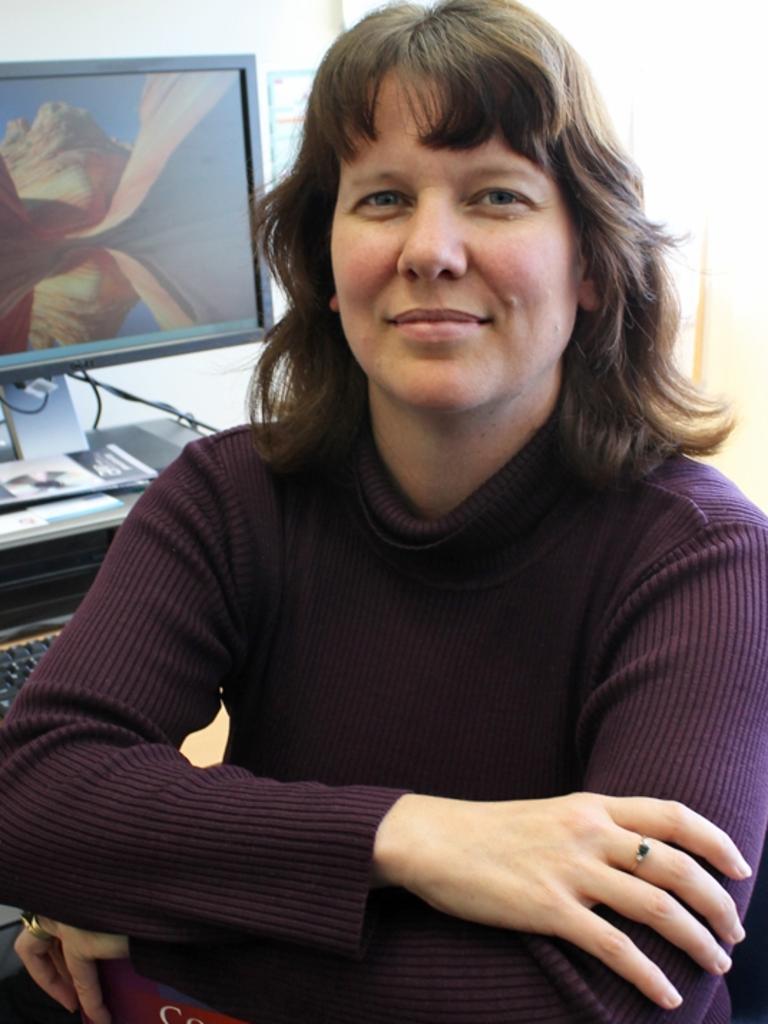
Child psychologist Michael Carr-Gregg is also calling for a national policy on the issue that includes private schools.
“If you have a mobile phone ban in a school, you are going to get more social interaction, less distraction and better grades,” he said.
“I would plead with Jason Clare to talk to principals who have done this (and consider) a consistent national ban.”
Clinical psychologist and child and youth mental health expert Professor Adam Guastella said social media was designed to “drag your attention away and into them” and the tactics worked effectively on children.
“Children can get used to the hit, the reward of engaging with social media,” he said.
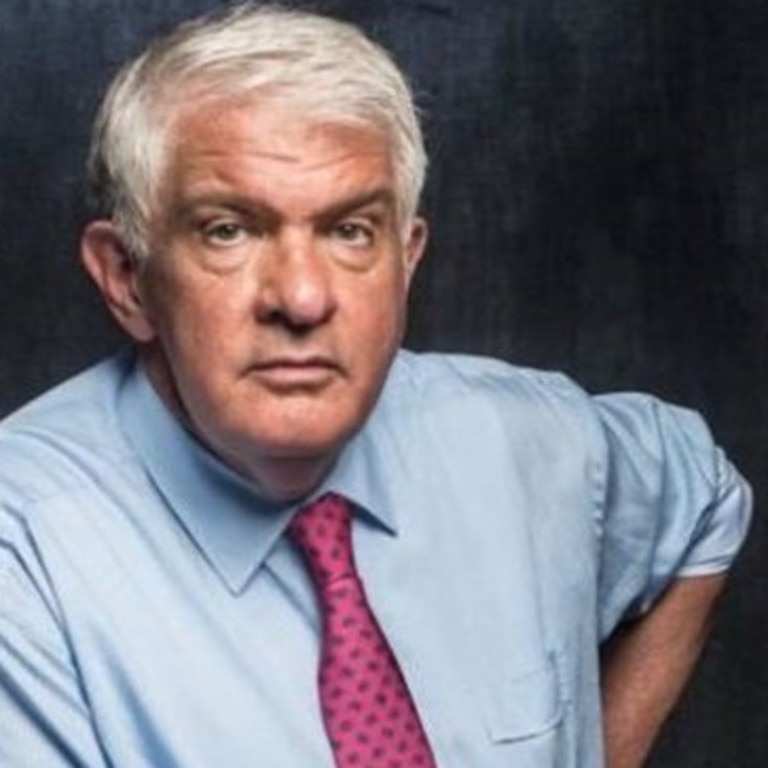
Psychologist Diana Kenny said kids were being drawn into “hypnotic*” scrolling on social media.
“It becomes quite addictive* and children become incredibly focused on scrolling through Instagram,” she said.
“They don’t often hear other people talking to them in the real world. We need kids to deal with real people in real time and in real physical spaces.”
Ms Kenny called for schools to look into restricting social media on school-provided laptops in addition to phone bans.
She is also urging education departments across the country to do more research into how these distractions are impacting children.
“We need a concerted*, community-wide approach,” she said.
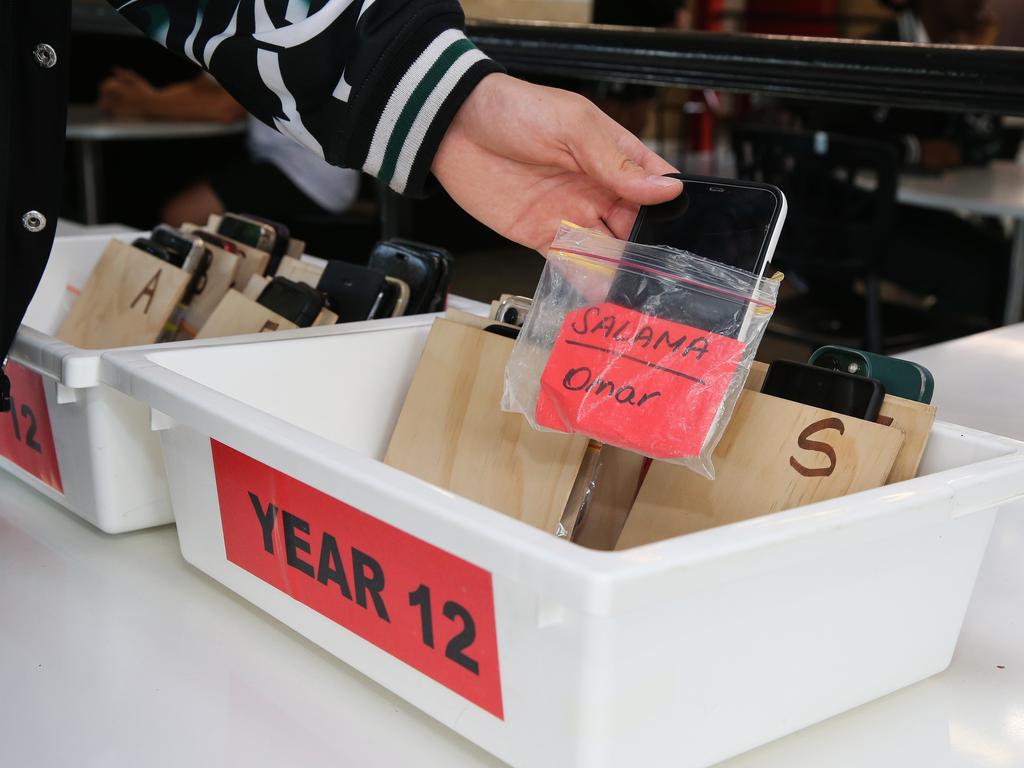
Academic Karl Sebire has conducted research into how people can learn in the age of distraction and said banning social media access was not the answer.
“The biggest mistake I find is stopping kids from using tech rather than teaching them healthy use,” he said. “Technology is a necessity, without it the last couple of years of education would have ground to a halt.”
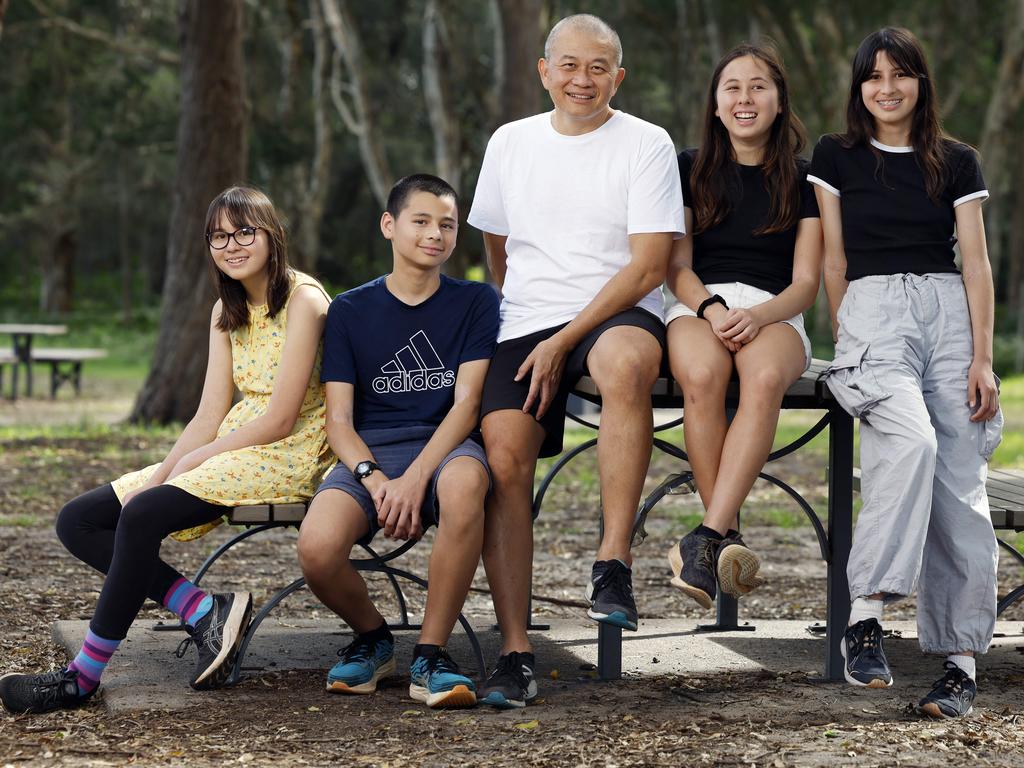
Sydney dad Kevin Goodall has four children at four different schools, each with its own phone policy.
Three out of four of his teenagers said social media was reducing their ability to focus both in the classroom and outside of it but they also used it for positive things like learning, connecting with friends and engaging in their interests.
“It’s just so easy to get lost down a rabbit hole* of endless scrolling,“ 16-year-old Lana said.
“I cannot focus for more than 10 minutes before switching to Instagram on my phone.”
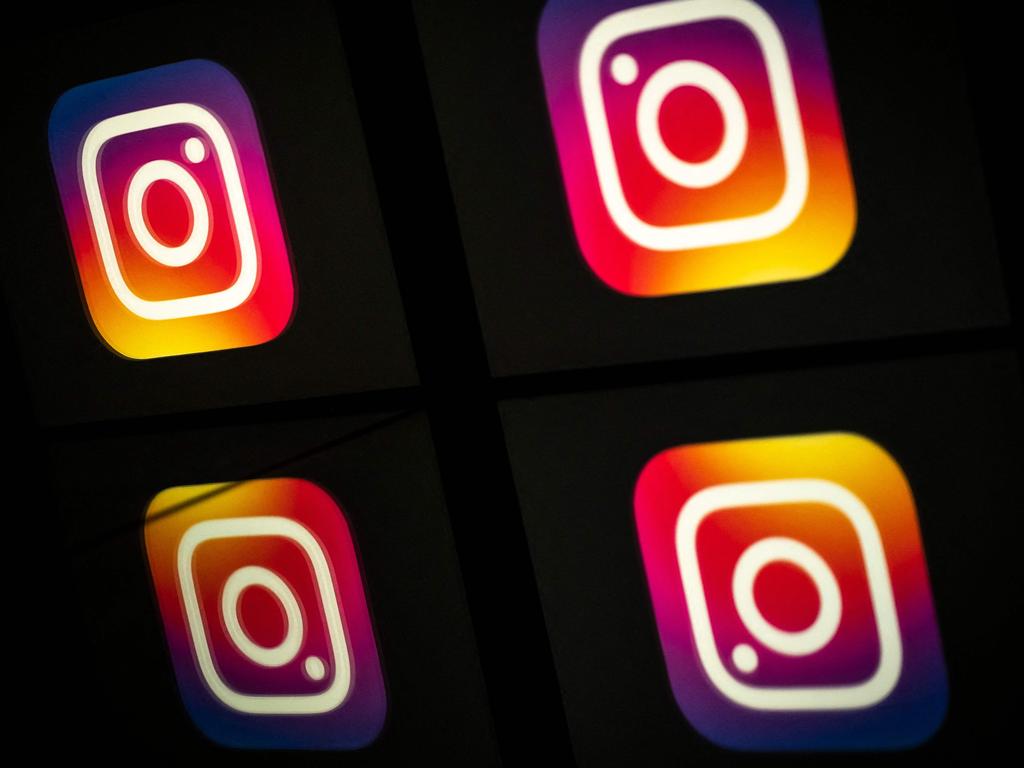
Luke, 15, said he only found it distracting if his phone was “accessible and nearby” but said it hadn’t “lowered his attention span”.
Abbey, 13, said social media was “annoyingly addictive” and it was easy to waste time on it but added that her school’s phone ban policy meant she could “focus well in class”.
“Social media has lowered my attention span, which makes it more difficult to focus on schoolwork, especially long tasks,” Anna, 14, said.
POLL
GLOSSARY
- united: unified, joined, merged, collective
- sleep deprivation: when a person does not get enough sleep across a period of time
- psychology: scientific study of the mind and behaviour
- dopamine: “feel good” chemical messenger (neurotransmitter) in the brain
- eroded: slowly reduced, wore away or destroyed something
- tidbits: small tasty morsels, snacks
- hypnotic: holds your attention, making you feel as if you want to sleep or are in a trance
- addictive: something that makes you want more of it and often all the time
- concerted: deliberate, planned, done together for a shared purpose
- down a rabbit hole: getting sucked into something strange, difficult, or chaotic
EXTRA READING
Health warning for kids on phones
Why TikTok could be banned in Australia
TikTok biggest time-waster for kids
How to balance online and offline fun
QUICK QUIZ
- Which states have already banned phones in state schools?
- What percentage of children in the study reported social media caused them to waste time?
- What percentage said that social media had caused sleep deprivation?
- Abbey, 13, said she could focus well in class because of what?
- Anna, 14, said social media had lowered her attention span, making what more difficult?
LISTEN TO THIS STORY
CLASSROOM ACTIVITIES
1. Healthy use of technology
Academic Karl Sebire says in the Kids News article that “the biggest mistake I find is stopping kids from using tech rather than teaching them healthy use.”
Reflect on your own use and reliance on technology in your life, whether that be social media, online games, YouTube videos etc.
How could you make your use of technology “healthier” rather than it being banned or taken away?
Work with a partner and write five key statements that could help kids and teens use technology in a healthier way:
1.
2.
3.
4.
5.
Time: allow 20 minutes to complete this activity
Curriculum Links: English, Digital Technologies, Personal and Social, Critical and Creative Thinking
2. Extension
Banning phones in schools seems like a fairly healthy and reasonable way to allow kids to switch off, concentrate and be engaged in their learning without distractions.
What are the negatives you can think of as to why this proposal wouldn’t work in schools?
If parents or kids are worried about students not being able to let their parents know where they are and that they have arrived safely at school, what’s a way to problem solve around this challenge? What other ways could they communicate with each other?
Time: allow 15 minutes to complete this activity
Curriculum Links: English, Digital Technologies, Personal and Social, Critical and Creative Thinking
VCOP ACTIVITY
Read this!
A headline on an article – or a title on your text – should capture the attention of the audience, telling them to read this now. So choosing the perfect words for a headline or title is very important.
Create three new headlines for the events that took place in this article. Remember, what you write and how you write it will set the pace for the whole text, so make sure it matches.
Read out your headlines to a partner and discuss what the article will be about based on the headline you created. Discuss the tone and mood you set in just your few, short words. Does it do the article justice? Will it capture the audience’s attention the way you hoped? Would you want to read more?
Consider how a headline or title is similar to using short, sharp sentences throughout your text. They can be just as important as complex ones. Go through the last text you wrote and highlight any short, sharp sentences that capture the audience.

